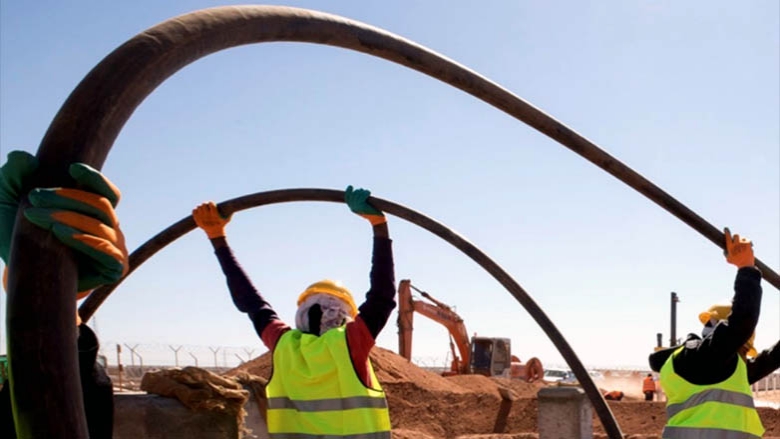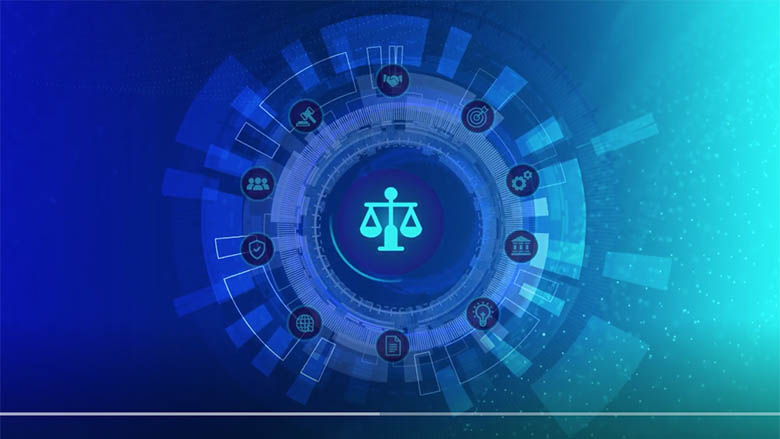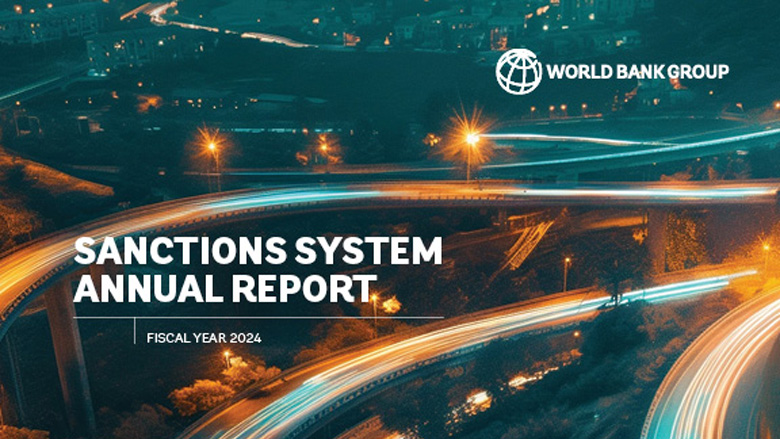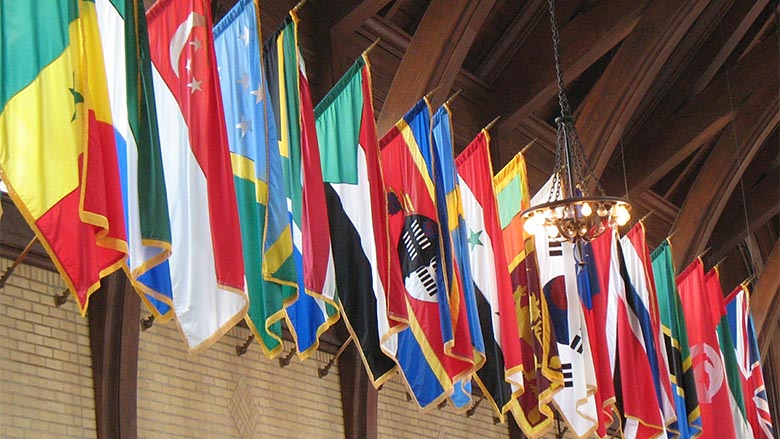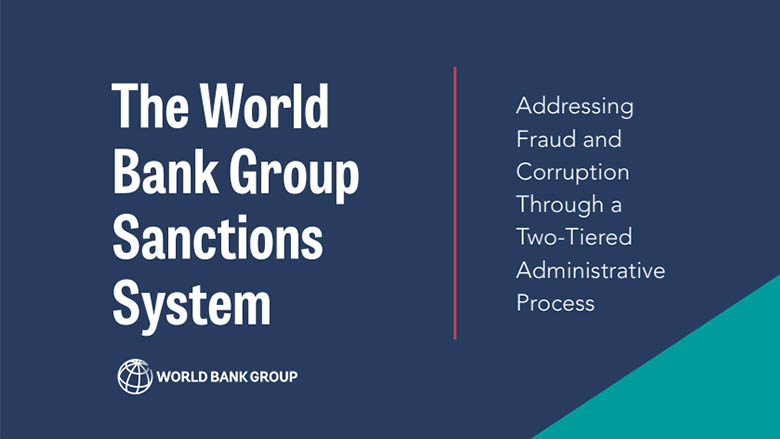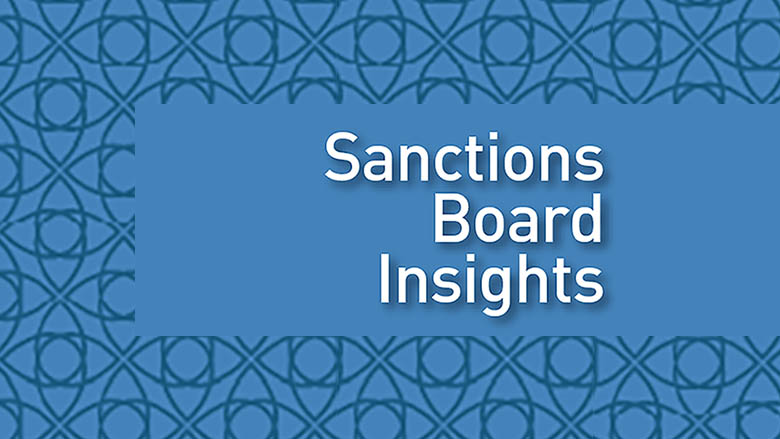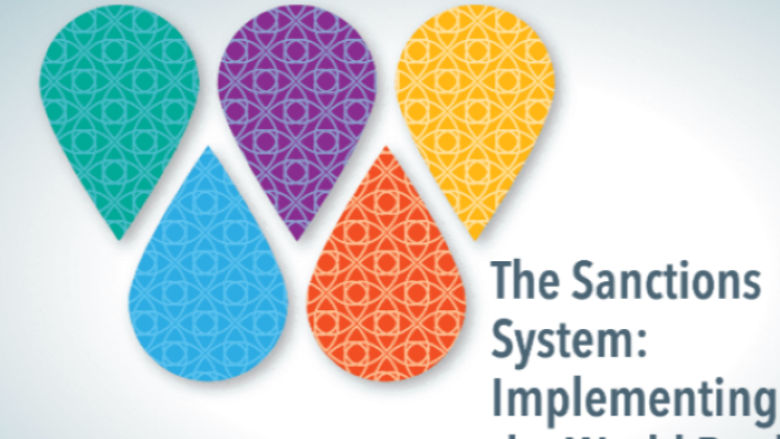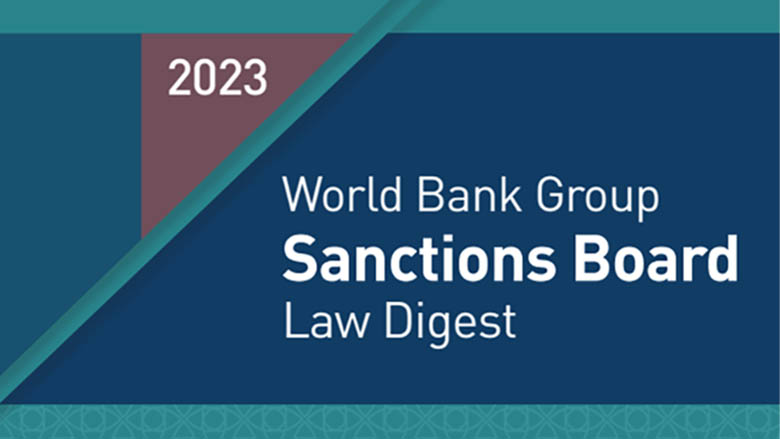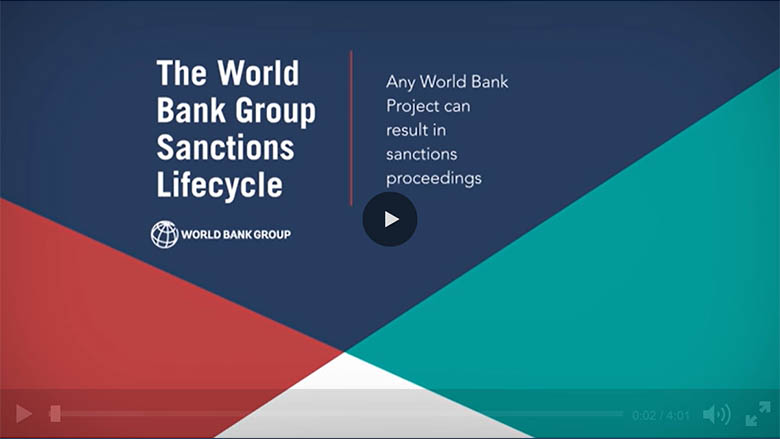The World Bank Group Sanctions Board, composed of seven (7) external judges, is an independent administrative tribunal that serves as the final decision-maker in all contested cases of sanctionable misconduct occurring in World Bank Group (WBG) projects. With the support of a dedicated Secretariat, the Sanctions Board functions as the second tier of the WBG sanctions system and issues final decisions on appeals of determinations reached at the first tier.



